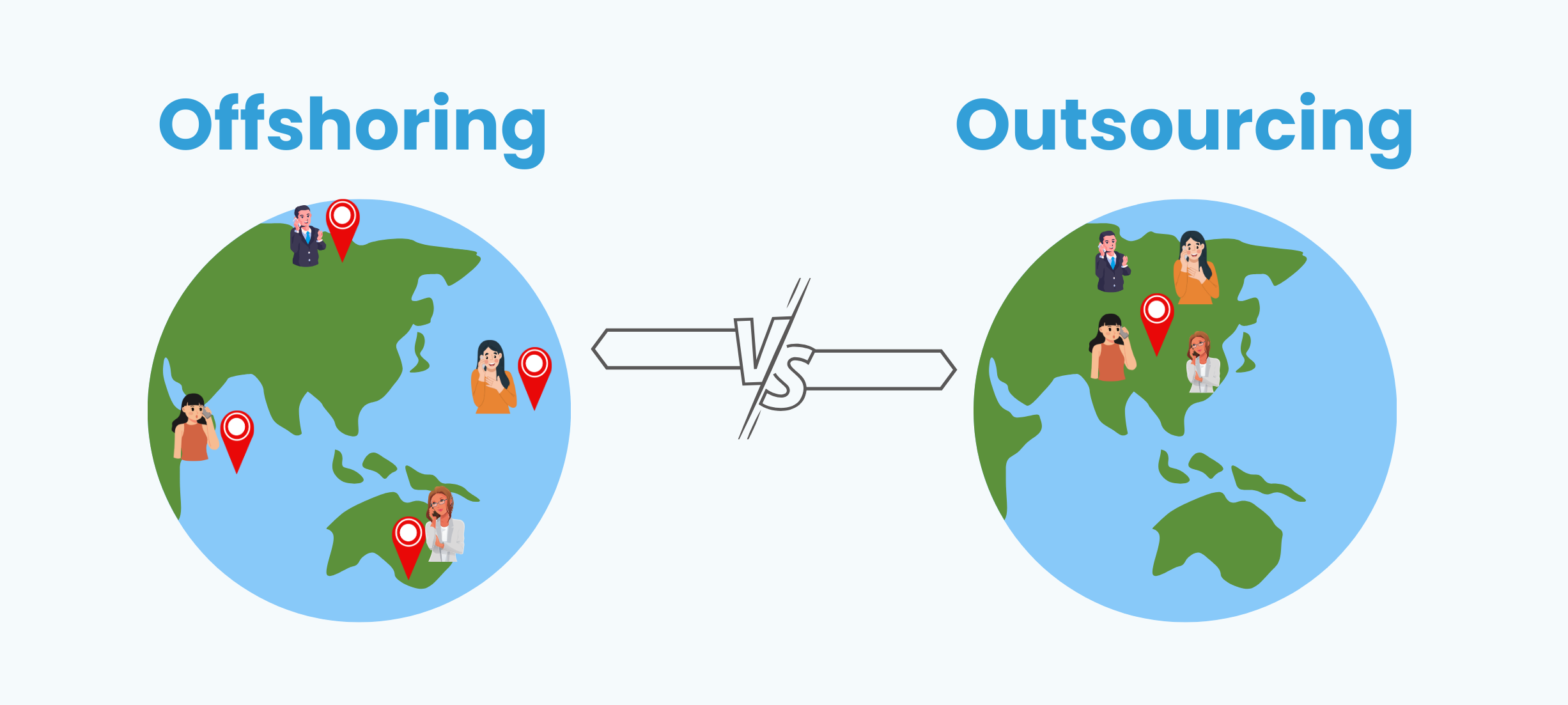Form 1120 is a corporate tax return form used in the United States to record income, deductions, gains, losses, and other pertinent tax information. It is used to compute the corporation’s tax liability and is filed with the Internal Revenue Service (IRS).
Information required for the form filing process?
The form requests general information from the corporation, such as its name, address, Employer Identification Number (EIN), and accounting period. There are various parts for reporting income, deductions, and credits.
- Basic information: The legal name, address, and Employer Identification Number (EIN) of the corporation.
- Tax year: The period covered by the tax return.
- Income: Details of the corporation’s income from various sources, such as sales, services, interest, dividends, and other revenue.
- Deductions: Documentation of deductible expenses, such as operating expenses, salaries, rent, utilities, and depreciation.
- Tax computation: Calculation of the corporation’s taxable income and tax liability.
- Credits: Claim any tax credits that the corporation is eligible for, such as research and development credits or investment credits.
- Other information: Any additional disclosures, elections, or required attachments as specified by the IRS.
To know more check out this video:
What is the deadline for the form?
The Form 1120 filing deadline is typically the 15th day of the fourth month after the end of the corporation’s tax year. For instance, if the fiscal year ends on December 31, the filing date is April 15. If the corporation runs on a fiscal year basis, the deadline may be different.
Sections under the form 1120
Form 1120 has sections for reporting many forms of income, such as business income, interest income, dividend income, and capital gains or losses. The corporation is required to submit precise information about each sort of income as well as determine the overall taxable revenue.
Sections of the form let you submit deductible costs including salary and wages, rent, utilities, depreciation, and other usual and necessary business expenses. Corporations can also claim tax credits for particular activities such as R&D or renewable energy expenditures.
We’re here for assistance!
Our team of professionals specializes in company tax preparation and remains up up to date on the newest tax rules and regulations. We meticulously examine your corporation’s financial accounts, maximize available deductions, and assure correct and compliant Form 1120 filing. With our help, you can concentrate on operating your business while we manage your corporation tax preparation.








